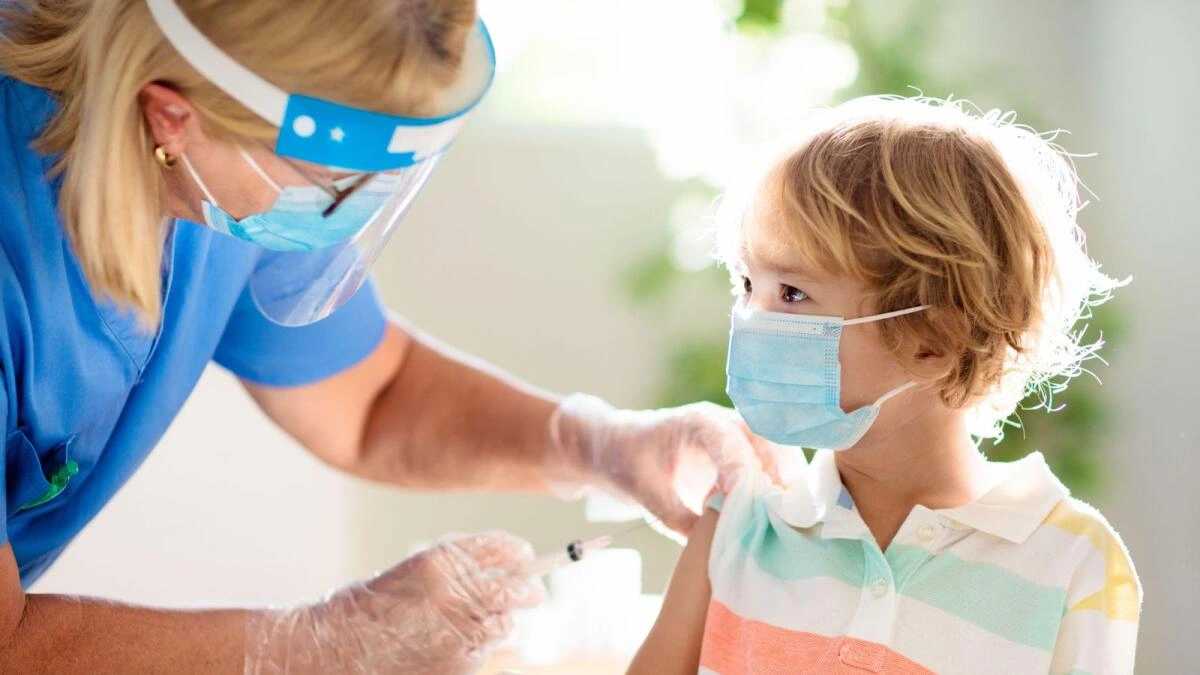Parents in the UAE are being advised to stay alert for signs of hand-foot-and-mouth disease (HFMD), especially those with young children. Doctors have reported an increase in cases recently.
This rise seems to coincide with the changing season as the country transitions from warm to cooler weather. HFMD often comes with a rash and painful pink blisters, along with symptoms like fever, joint pain, stomach cramps, nausea, vomiting, and diarrhoea. Think of it as an uninvited guest during seasonal shifts, spreading discomfort wherever it goes.
Why HFMD Spreads Easily
Dr Khaled Saad Eldine El Edlebi, a paediatrician at Burjeel Medical Centre Al Marina, explains that HFMD cases often spike when children return to school or during cooler months when families spend more time indoors. The virus thrives in crowded environments, such as schools and daycare centres, where close contact makes it easier for the infection to spread.
HFMD mostly affects children under 10 but can also infect adults. According to Dr El Edlebi, the number of children with HFMD symptoms has increased by 15-20% compared to the previous month, marking the peak season for such viral infections.
Symptoms to Watch For
Dr Rain Sim, Consultant Paediatrician at Canadian Specialist Hospital Dubai, highlights that the rashes often appear around the mouth, palms, and soles of the feet.
They may also show up on the buttocks, especially in younger children. The primary cause is the Coxsackie virus, though other viruses can also trigger HFMD. This infection can be likened to a wildfire, it starts in one spot and quickly spreads if not contained.
How Contagious Is It?
HFMD is highly infectious, particularly in the first week, and symptoms can last for 7-10 days or even up to two weeks in toddlers. It spreads through saliva, respiratory droplets, and stool.
Even after visible symptoms disappear, the virus can still spread through stool for weeks. Dr Sim emphasizes teaching kids simple habits like covering their mouth when sneezing or coughing and avoiding touching their face after touching shared surfaces.
Hygiene and Prevention
Proper hygiene is like building a shield against HFMD. Regularly cleaning shared spaces, like bathrooms and play areas, can help prevent the virus from spreading.
Dr Mamata Bothra, Specialist Paediatrician and Neonatologist at International Modern Hospital Dubai, advises parents to take early steps to reduce discomfort. Ensure children stay hydrated, as swallowing can be painful due to mouth sores. Isolation of sick children is key to stopping the virus from spreading like an unchecked wave.
When to Seek Medical Help
In severe cases, such as when dehydration or neurological symptoms occur, immediate medical attention is necessary. Hospitalisation may be required for treatments like intravenous fluids. Dr Bothra explains that with early diagnosis, isolation, and proper care, HFMD can be effectively managed.
Parents are encouraged to act quickly and maintain good hygiene practices to protect their children and others in their community.





